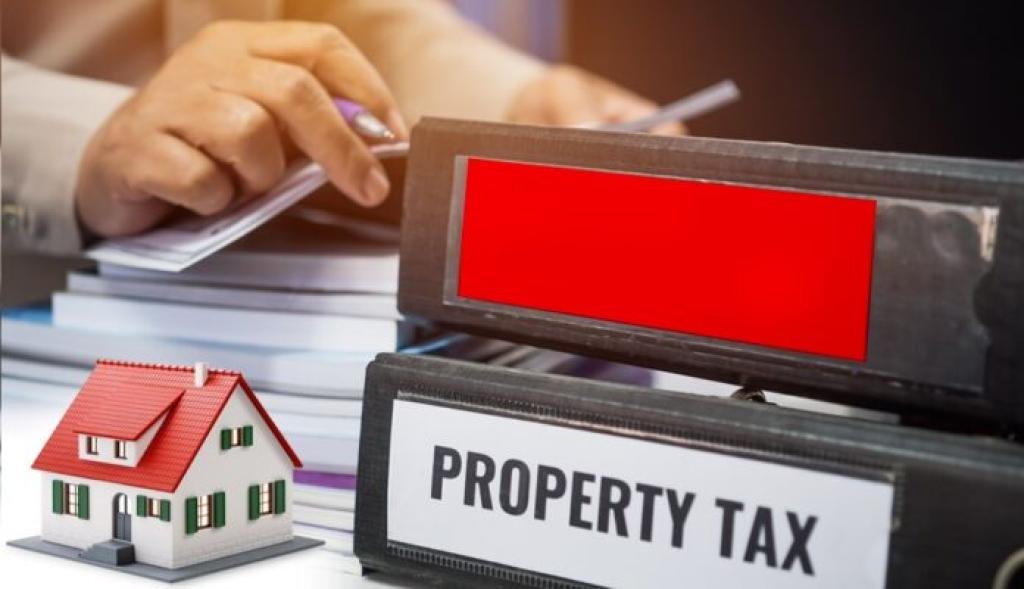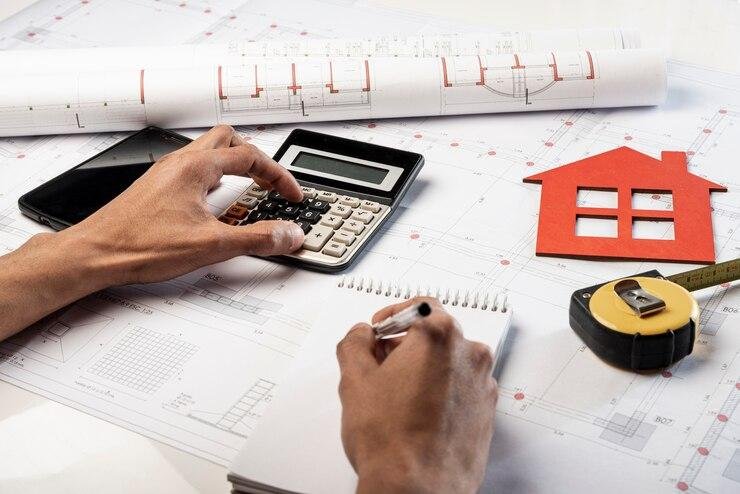
Property Taxes in Pakistan
UPDATE (Feb. 16, 2021): Tax Laws (Amendment) Ordinance 2021 has been promulgated by President Dr. Arif Alvi to aid non-resident Pakistanis (NRPs) wishing to open non-resident Pakistani Rupee Value Accounts (NRVAs). The ordinance includes:
- An indefinite extension of 4 percent super tax on banks beyond tax year 2021
- Imposition of withholding tax (Rs 50,000-Rs 200,000) on different engine capacity vehicles for persons selling locally manufactured vehicles within 90 days of delivery
- Tax exemptions for electric vehicles and locally manufactured mobile devices
Directive for a person responsible for attesting, registering, or recording the transfer of any immovable property to collect advance tax at a rate of one percent from the seller or transferor. For buyers or transferees who are NRPs holding a Pakistan Origin Card (POC) or a National Identity Card for Overseas Pakistanis (NICOP) or a Computerized National ID Card acquiring immovable property through a Foreign Currency Value Account (FCVA) or NRVA maintained with authorized banks in Pakistan, the tax shall be the final tax for such buyers.

UPDATE (Sept. 8, 2020): An amendment in the Income Tax Ordinance 2002 via the Finance Act 2020 has reduced the holding period and tax rate on Capital Gains Tax (CGT) on the disposal of immovable property. The details are as follows:
- The holding period for CGT has been reduced to 4 years
- The percentages of taxable capital gain have been rationalized with reference to the holding period:
- 100% of capital gains taxed if holding period is less than 1 year
- 75% of capital gains taxed if holding period exceeds 1 year but is less than 2 years
- 50% of capital gains taxed if holding period exceeds 2 years but not 3 years
- 25% of capital gains taxed if holding period exceeds 3 years but not 4 years
- No CGT taxed after 4 years of holding period
The rate of CGT on annual gains through disposal of immovable property has also been reduced and can be broken down as follows:
Annual Gains in PKR Rate of Tax Before Finance Act 2020 Rate of Tax After Finance Act 2020 Gains < 5 million 5% 2.5% Gains 5-10 million 10% 5% Gains 10-15 million 15% 7.5% Gains > 15 million 20% 10%
UPDATE (Apr 21, 2020): In response to COVID-19, the government of Pakistan has introduced incentives for the construction industry, including exemptions from Capital Gains Tax (CGT) for families selling their houses during this period. Additionally, sales tax reductions are being implemented in collaboration with provincial governments.
Plato, the Greek philosopher, once said, "When there is an income tax, the just man will pay more and the unjust less on the same amount of income." Plato's observation remains relevant today, as people often seek ways to evade taxes. For example, during property transactions, buyers and sellers may agree to understate the property's value on the sales deed to reduce tax liabilities. Withholding tax is borne by the buyer, while Capital Gains Tax is the responsibility of the seller. Let's delve into the various types of property taxes in Pakistan and their implications.
Different Types of Property Taxes in Pakistan
Capital Gains Tax (CGT) Capital Value Tax (CVT) Stamp Duty Withholding Tax or Advance Tax
Paying property taxes may not be enjoyable, but it's crucial, much like a trip to the dentist. Attempting to evade these taxes can lead to serious trouble with the Federal Board of Revenue (FBR). The FBR closely monitors income, investments, and real estate transactions. Any inconsistencies may result in notices, penalty fees, or asset freezes.
Good news for overseas Pakistanis seeking to invest in Pakistan's real estate market: the government has relaxed regulations for non-filers of income tax returns. Overseas Pakistanis can now invest more easily in the country's real estate sector.
Widening Gap: The Federal Board of Revenue (FBR) has recognized a significant gap between "deputy commissioner (DC) rates" and actual market prices of properties. This disparity has facilitated the circulation of undocumented money in the market, leading to tax evasion. To address this issue, the government and FBR have revised property valuation tables, abolishing DC rates. The new valuation rates aim to accurately determine property values and bring previously untaxed transactions into the tax net.
Bringing Provinces into the Tax Net – A Taxing Process: To counter tax evasion, the government and FBR have revised property valuation tables, eliminating DC rates. The new valuation rates, as per FBR Valuation Tables 2019, have increased property valuations across 20 major cities in Pakistan. While this may temporarily reduce trading activity and property prices, it aims to increase tax compliance. The increased tax revenue can benefit government initiatives and services.
Property Tax in Pakistan: Property tax in Pakistan is a provincial tax levied on the annual rental value of properties. Rates vary by province and can be either a flat rate or a percentage of the annual rental value. The rental value is an assessed value by the government, indicating how much rent could potentially be generated if the property were rented out. Rates differ depending on whether the property is rented or self-occupied.
For example, in Punjab, there's a flat 5% annual rental value tax, while in Sindh, the tax is 25% of the annual rental value, regardless of whether the property is rented out.
Types of Tax on Sale of Property in Pakistan: When selling property in Pakistan, Capital Gains Tax (CGT) is applicable on the profit gained. CGT rates and regulations vary depending on the holding period and the amount of gain.
Understanding and complying with property tax regulations is essential for all property owners in Pakistan. It ensures tax compliance and contributes to the country's revenue, ultimately benefiting society as a whole.












